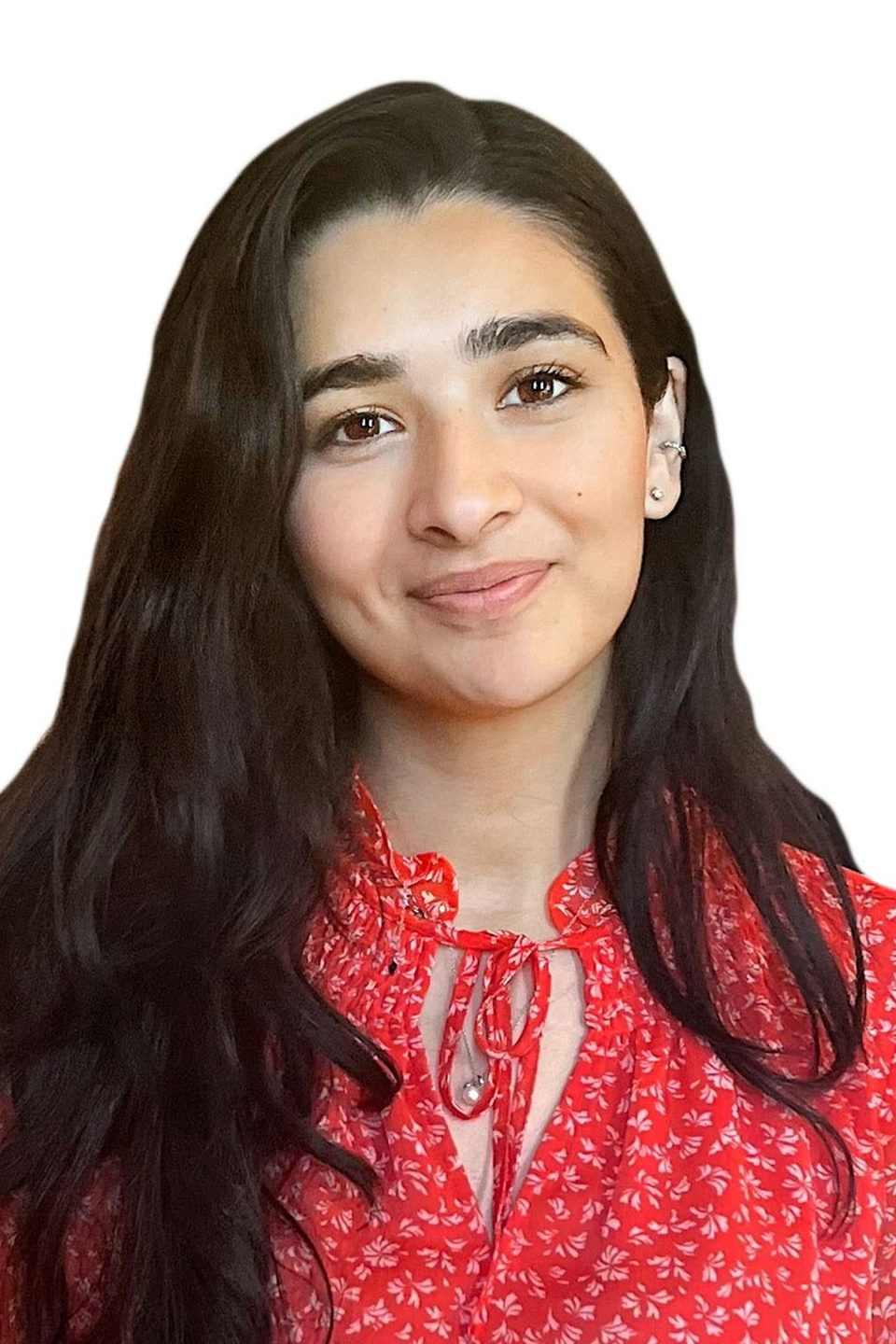Eshika Kaul ’23 is one of just 30 recipients of the 2025 Paul & Daisy Soros Fellowship for New Americans, which provides up to $90,000 in merit-based funding for immigrants and children of immigrants who, according to the fellowship’s website, are “poised to make significant contributions to U.S. culture, society, and academia.” Kaul is the first Wellesley alum to receive this prestigious award since Dana Im ’10 in 2013 and one of only four in total (the other two were Sanja Jagesic ’08 in 2008 and Nneoma Nwogu ’02 in 2004).
“As a Wellesley student, Eshika [took] on research that’s not just technically impressive, but also directly addresses real-world social challenges,” says Pinar Keskin, associate professor of economics at Wellesley. “What makes her such a strong match for the Paul & Daisy Soros Fellowship for New Americans is how deeply her personal story fuels her work. She’s not just aiming to succeed—she’s committed to creating opportunities for others and making a meaningful impact through her ideas and actions.”
Kaul applied for the fellowship in part because of the profound connections it fosters among its community of fellows. Every fall they are invited to a conference in New York City, which Kaul will attend. She is excited to connect with the other fellows in her class, who share her passion for contributing to society.
“My American identity is supplemented by my Kashmiri heritage, and I’m so grateful to be in this community [of fellows] who have similar experiences in carrying multiple identities,” says Kaul, a New Jersey native whose parents emigrated from India. “We all have unique ideas on how we can strive toward contributing to America, so it’s nice to be surrounded by people who have different perspectives on how we can do that.”
Kaul wants to find ways to use tax law to improve people’s lives, and the fellowship provides funding so that she can attend Yale Law School this fall, where she will explore this interest. “I view tax law as a mechanism through which I can enact change,” Kaul says, as it intersects with immigration, domestic violence, and mental health issues. By being exposed to the experiences of other fellows who will be studying in a variety of fields, Kaul hopes to learn more about the impact of tax law across various aspects of life. “There’s so much opportunity to learn from other fellows, and I’m excited to be exposed to different perspectives, especially because tax law overlaps with so many spaces,” she says.
Kaul says the opportunities she had while at the College, such as working with low-income families at a tax clinic, helped make her a successful candidate for the fellowship. “Wellesley really pushed me to take risks, and I developed such a love for learning and for being curious,” she says. The support of her professors and peers led Kaul to fully discover her passion for leveraging tax law as a way to make a meaningful contribution to the world.
“Since I met Eshika in our principles of macroeconomics course during her first year, she has consistently shown a deep intellectual curiosity,” says Ama Baafra Abeberese, Class of 1966 Associate Professor of Economics. Her tax clinic work in particular, Abeberese says, “had a profound effect on her, crystallizing into a commitment to pursue a career in tax policy.” She says watching Kaul’s journey beyond Wellesley has been inspiring: “I am so excited to see the impact she will make in this next chapter. She is so deserving of this honor.”
